Four Different Types of Web Hosting to Consider
If you are building a new business website, there are exciting times ahead. However, before you begin to reap the rewards of having an online presence there are a number of decisions you need to make regarding your site.
Once you have selected and reserved a domain name, the next step is to choose a web host. Here in Australia, there are four main web hosting options available: shared server hosting, virtual private server (VPS) hosting, dedicated hosting and cloud hosting. This article aims to outline each of these options, helping you to make an informed decision.
Shared Server Hosting
Shared server hosting is a low cost option that is ideally suited to websites with moderate traffic levels that run standard software. It is widely accepted as an entry level hosting option as it is affordable and requires very little technical knowledge. Therefore, it is ideal for smaller businesses that are just starting out.
So how does it work? Shared server hosting simply means your website will be placed on a server alongside many other websites – in some cases, this may be a few hundred other sites, or a few thousand. These sites will usually share resources, such as RAM and the CPU.
The main disadvantage with this type of server is the fact that it has no root access and generally it’s unable to handle large volumes of traffic. Site performance can also be affected by other sites on the server.
Virtual Private Server (VPS) Hosting
A VPS divides a single server into multiple virtual servers, essentially providing each website with its own server – even though technically the server is shared with a few other users. This option is more secure and offers root access, providing site owners with a little more control.
In terms of disadvantages, VPS hosting is the same as shared server hosting – it has limited ability to handle larger volumes of traffic and site performance can be adversely affected by other sites on the server.
Dedicated Server Hosting
Dedicated web hosting means that you rent an entire server, and thus your website is the only one on that server. This option provides better control and much better performance – however it comes at a cost!
Cloud Hosting
Cloud hosting is comprised of a team of servers (called a cloud); these servers work together to host a number of websites. The advantage here is that a number of computers are able to work together, allowing them to better handle increased traffic levels.
The downside to cloud hosting is that root access generally isn’t available, and the cost associated with this option is usually higher than sharer server and VPS hosting.
So which server is best for you? If you are just starting out, a shared server is the easiest and most affordable option. However, as your business grows and your needs change, it may be necessary to revise your web hosting service.

